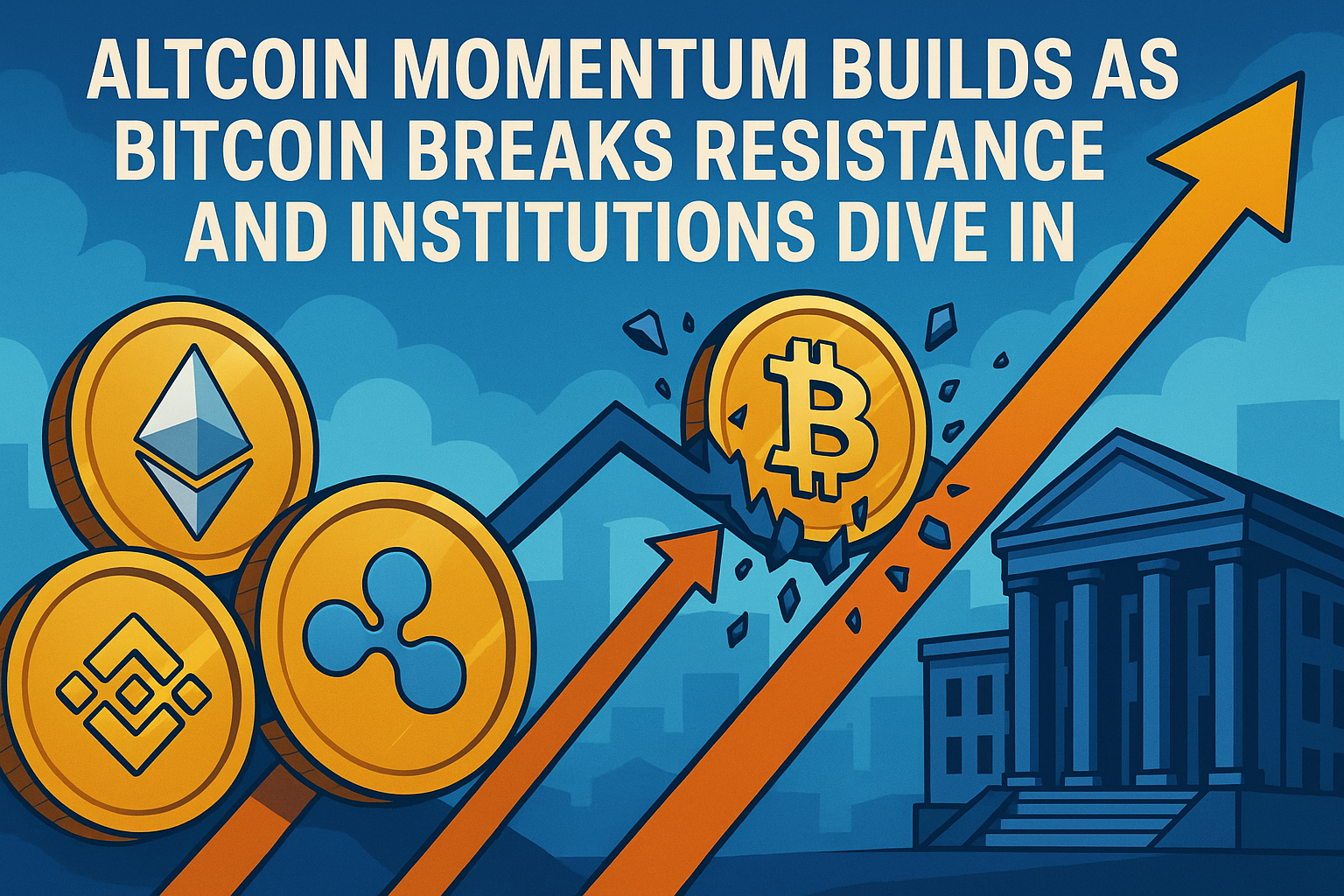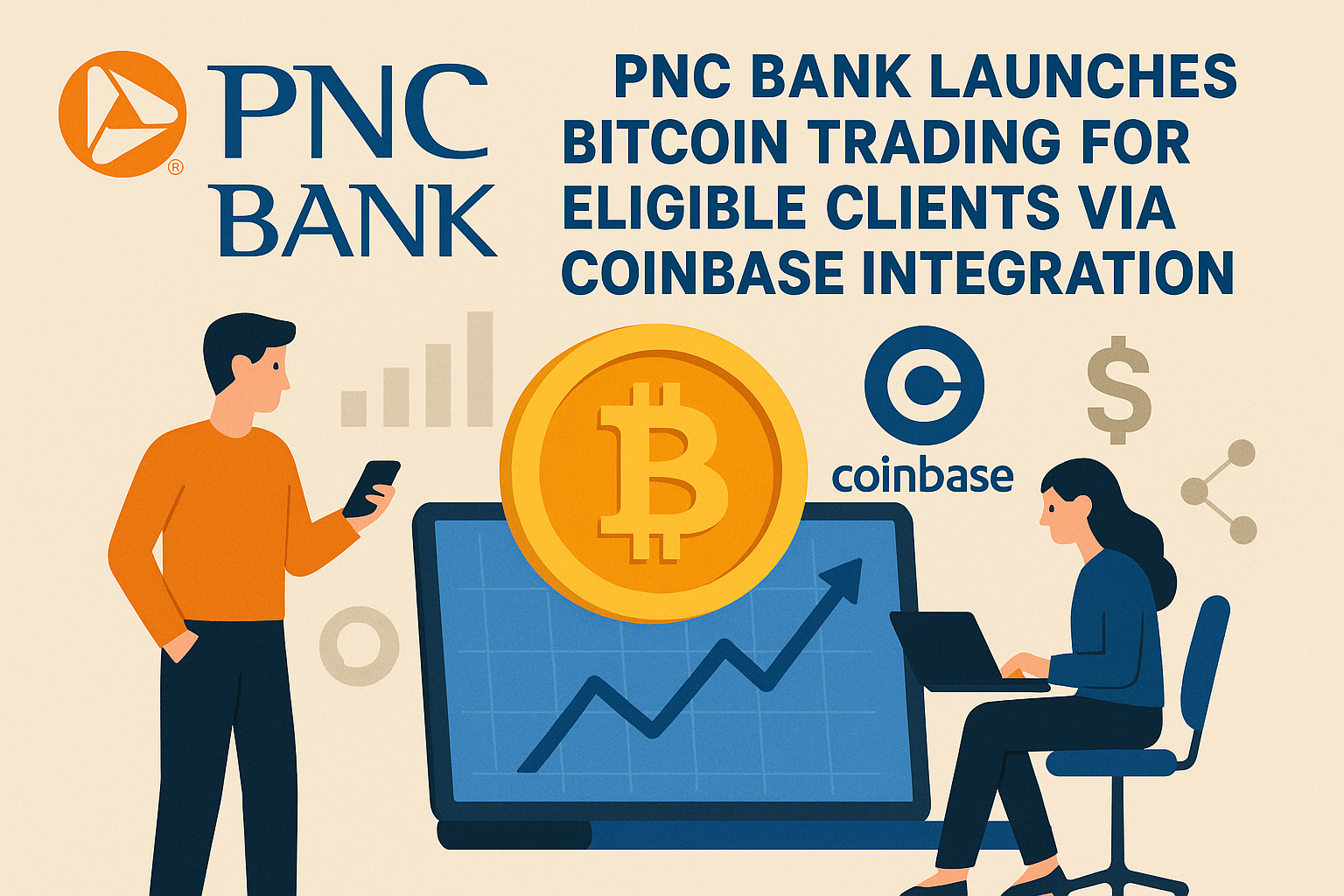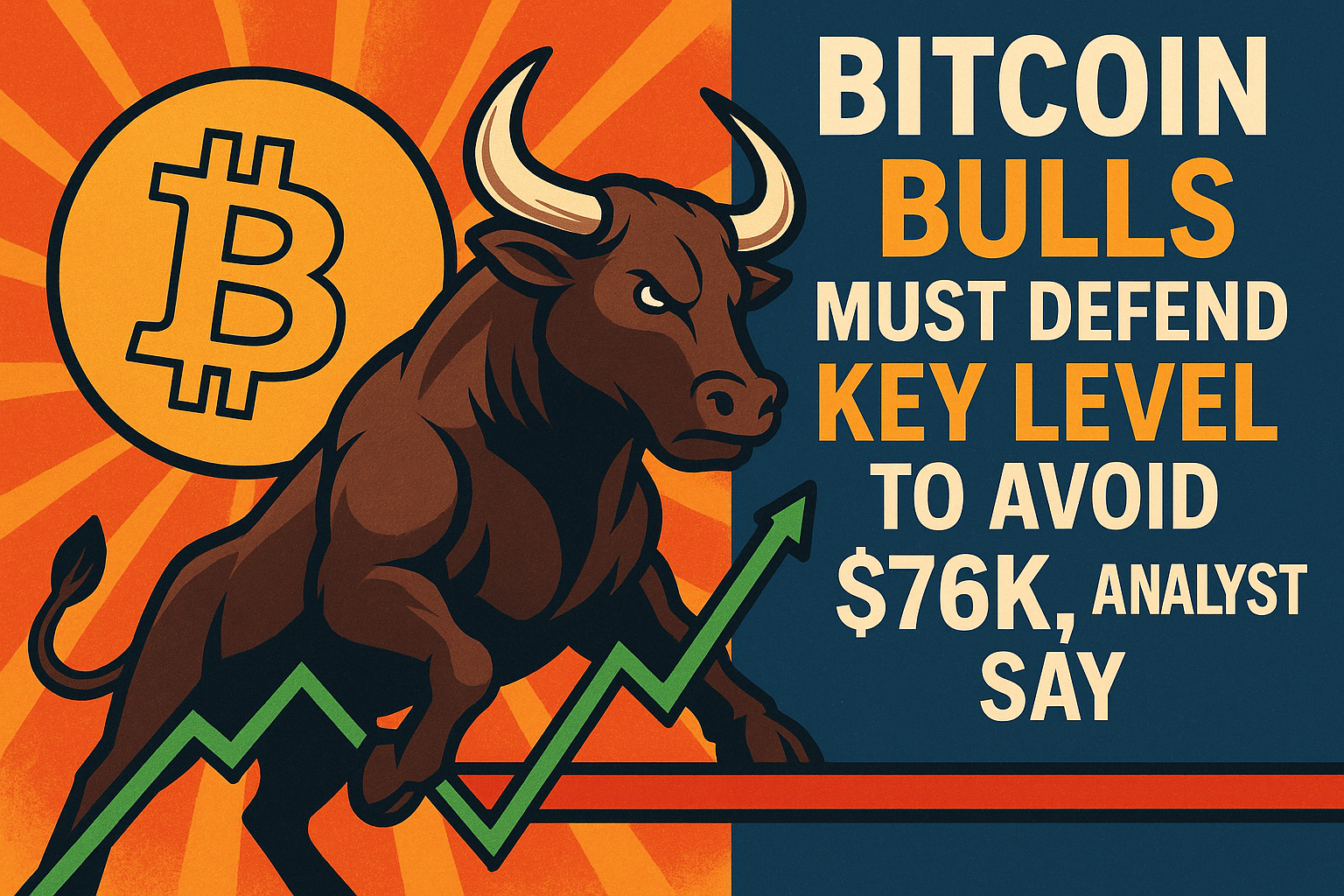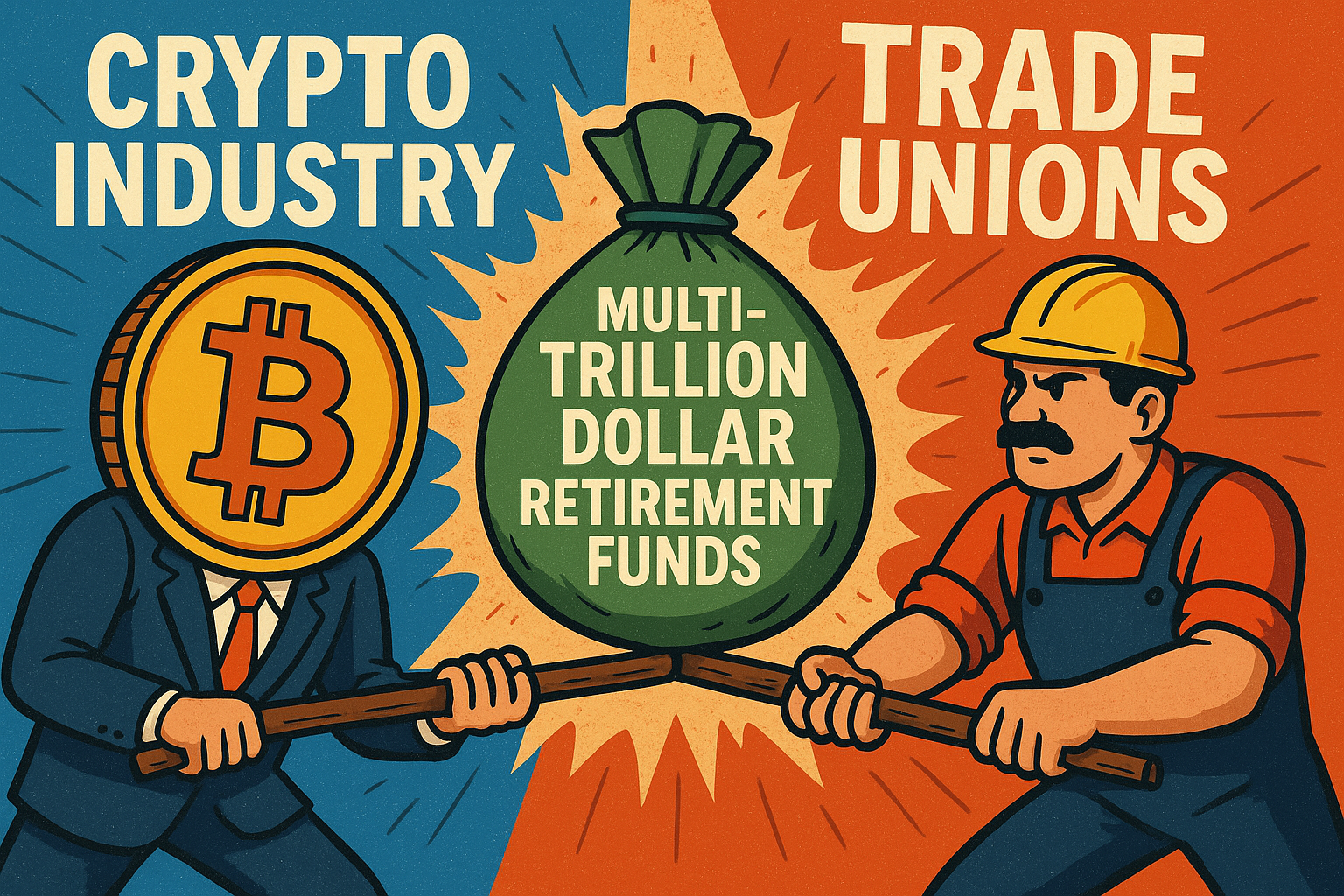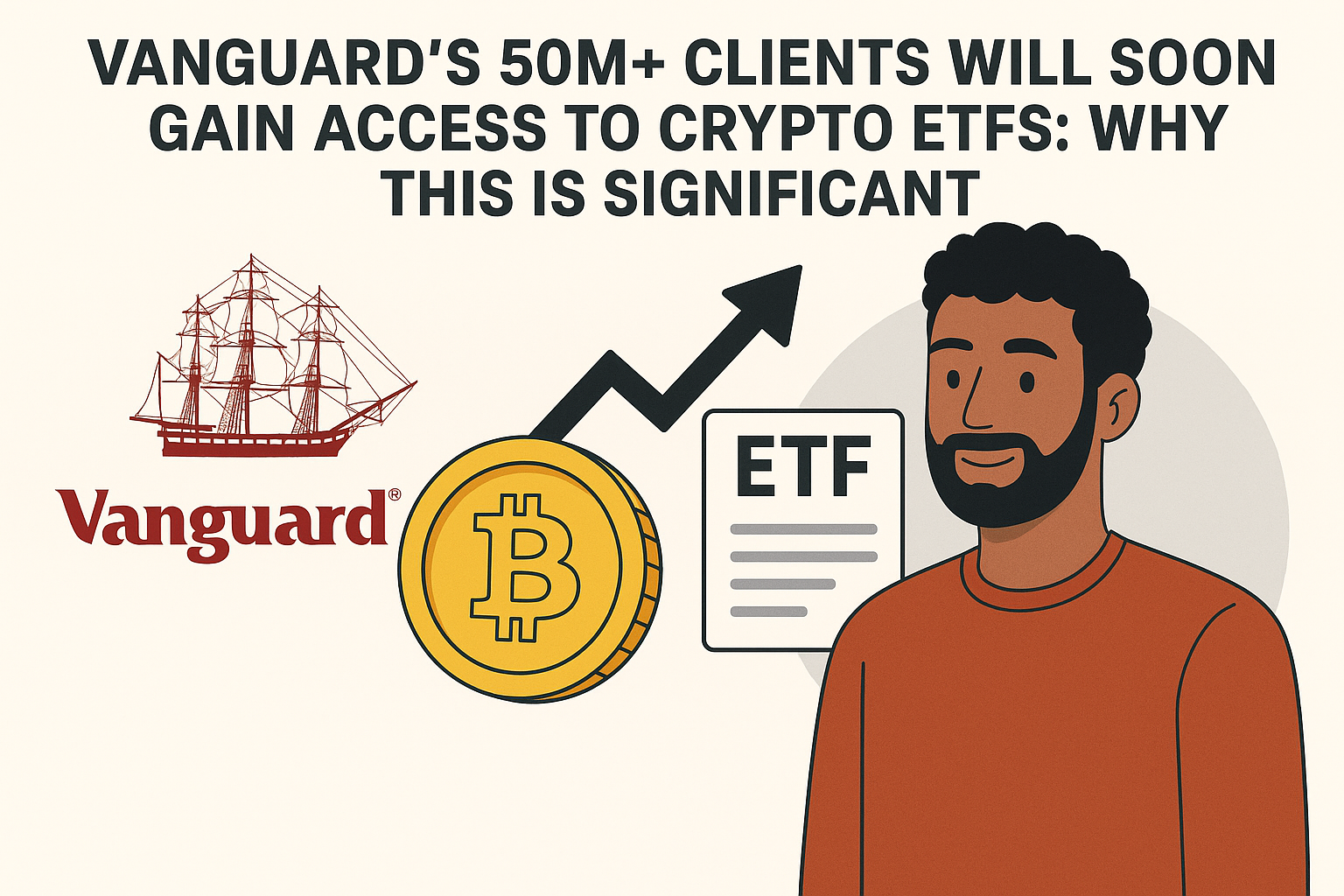Table of Contents
Introduction: Why El Salvador Captures Crypto’s Attention
In 2021, El Salvador made headlines worldwide by becoming the first country to adopt Bitcoin as legal tender. This groundbreaking move, driven by President Nayib Bukele's ambition to modernize the nation's economy, sparked excitement among crypto enthusiasts and skepticism among traditional financial experts. Among those cheering the loudest were Bitcoin advocates Max Keiser and Stacy Herbert, who’ve championed El Salvador’s bold experiment as a potential game-changer for the global financial system.
This reimagination of a country’s financial framework has far-reaching implications—not just for El Salvador but for the global crypto ecosystem. Below, we dive into insights shared by Keiser and Herbert on the nation’s Bitcoin journey and explore ways you can align your crypto strategy to benefit from this revolution.
El Salvador’s Bitcoin Playbook: Driving Economic Change
El Salvador chose Bitcoin for more than symbolic reasons; it’s a strategic policy aimed at economic empowerment. With nearly 23% of its GDP tied to remittances, the country is heavily reliant on cross-border money transfers. Historically, these transactions were expensive and laden with middlemen siphoning off fees. Bitcoin eliminates those inefficiencies, offering Salvadorans seamless, low-cost money transfers through platforms like Strike.
For investors, this development is noteworthy. Platforms enabling financial inclusion, such as Strike, are shaping how capital moves globally. Additionally, the success of El Salvador’s model may inspire other nations to adopt Bitcoin, creating opportunities to identify emerging markets where cryptocurrency becomes integral to daily transactions.
Green Energy Powers Bitcoin Mining
El Salvador is taking a sustainable approach to cryptocurrency mining by harnessing its geothermal resources. The "volcano bonds," a state-backed initiative, are funding green energy-driven Bitcoin infrastructure. This blend of innovation and sustainability is a significant leap forward for crypto, especially in light of the growing concerns about Bitcoin mining’s environmental impact.
For those interested in investments rooted in sustainability, eco-friendly Bitcoin mining presents an enticing avenue. Opportunities to support green-mining initiatives, either directly or through Bitcoin-backed bonds, could position you at the intersection of sustainability and emerging-market growth. These bonds, often referred to as "volcano bonds," also provide a novel way to participate in the dual goals of national development and Bitcoin adoption.
Embracing Bitcoin Maximalism
Max Keiser has long touted Bitcoin as the ultimate asset for wealth preservation, arguing it’s the best antidote to fiat devaluation and centralized financial control. According to Keiser, El Salvador’s move positions it as a leader in a rapidly transforming global economy. He often emphasizes focusing on Bitcoin’s fundamentals rather than the speculative nature of alternative cryptocurrencies.
For everyday crypto enthusiasts and investors, his advice is straightforward: accumulate Bitcoin during market dips and hold it long-term. Additionally, the growth of the Lightning Network in El Salvador—enabling faster and cheaper Bitcoin transactions—presents a promising investment area for businesses building on this technology.
Real Estate and Entrepreneurial Opportunities in Bitcoin-Based Economies
El Salvador’s Bitcoin integration is reshaping its economy, fostering a growing interest in the country from foreign investors and entrepreneurs. One sector particularly thriving is real estate, where Bitcoin transactions are becoming more common. Stacy Herbert has noted the influx of capital, talent, and innovation, all contributing to an entrepreneurial ecosystem buoyed by cryptocurrency adoption.
If investing in real estate is your interest, exploring Bitcoin-friendly destinations like El Salvador could prove beneficial. Beyond property investments, the rise in crypto-focused tourism suggests that opportunities also lie in businesses catering to this niche market. From hotels to crypto-friendly services, the tourism sector is poised for growth as more visitors are drawn to the "Land of Bitcoin."
The Importance of Crypto Education
Both Max Keiser and Stacy Herbert emphasize the critical role education plays in El Salvador’s Bitcoin experiment. Financial literacy among citizens and businesses is key to the program’s success, and the same principle applies to anyone eager to succeed in crypto investing.
Whether you’re a beginner or a seasoned crypto enthusiast, investing time in learning about blockchain, wallet security, decentralized finance (DeFi), and market trends is essential. Understanding these fundamentals can help you avoid pitfalls and make smarter investment decisions as the crypto space evolves.
Conclusion: Seizing the Bitcoin Opportunity
El Salvador’s Bitcoin journey, championed by bold visionaries like Max Keiser and Stacy Herbert, is more than just a localized experiment. It serves as a prototype for how cryptocurrencies can redefine economies. For crypto enthusiasts and investors, this represents a chance to stay ahead of the curve by identifying emerging opportunities.
From green Bitcoin mining to sovereign-backed "volcano bonds," from the Lightning Network to Bitcoin-powered real estate markets, the possibilities are vast. However, success in these ventures will rely on staying informed, embracing sound investment principles, and adapting quickly to shifting trends. As El Salvador leads the charge, it’s up to you to decide how you’ll position yourself in this evolving financial landscape.

